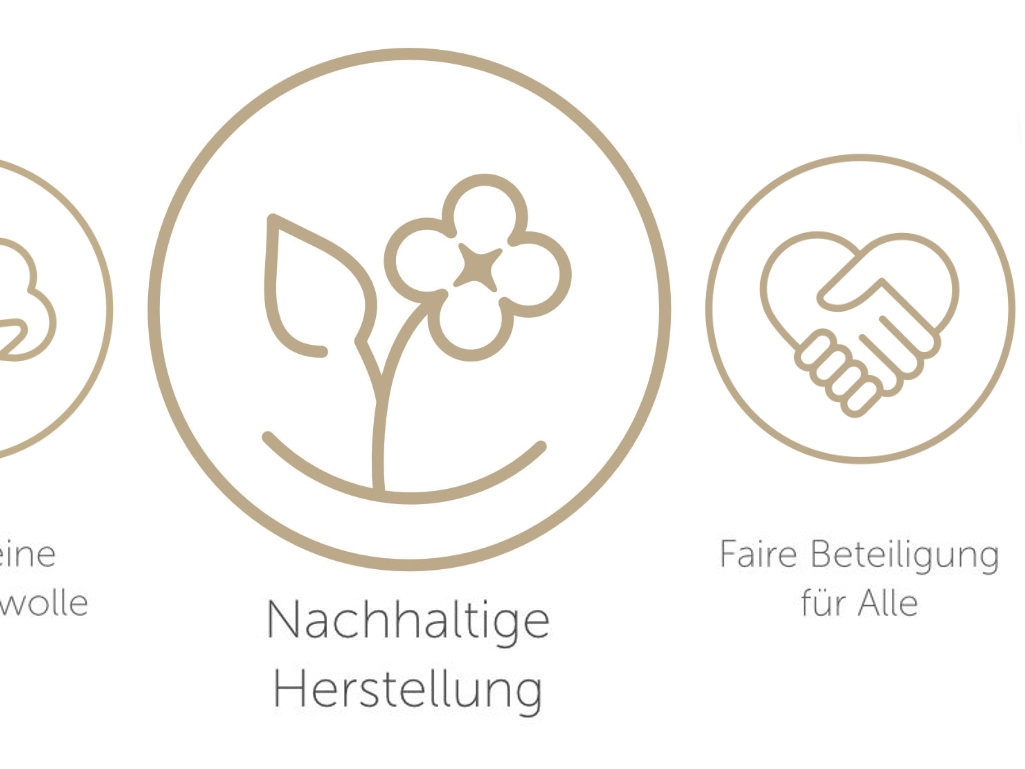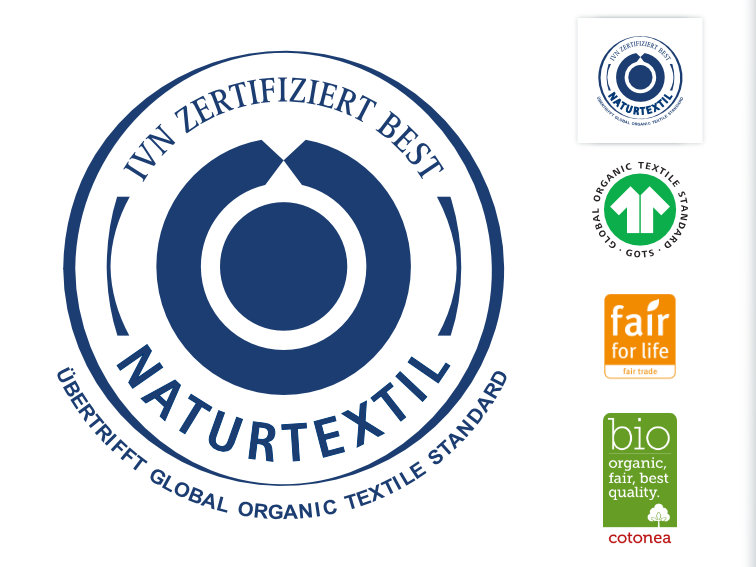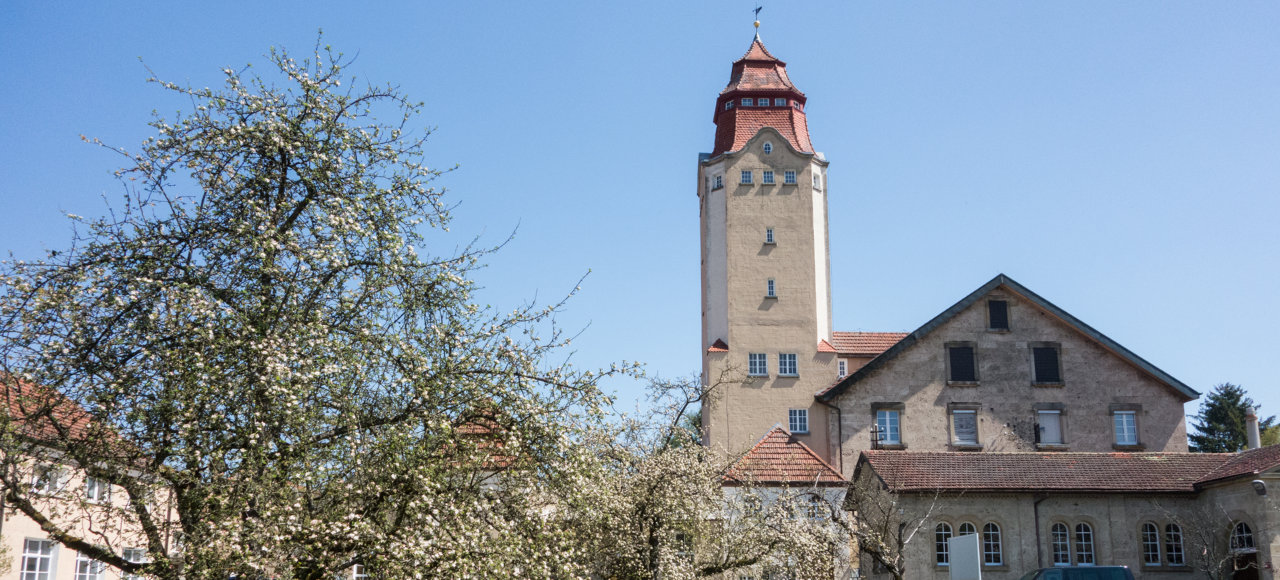
Aspects of sustainability
Cotonea has been producing its own energy using hydropower since 1855 and its own solar energy since 2002.

Cotonea has been producing its own energy using hydropower since 1855 and its own solar energy since 2002.
Hydroelectric power generation was reduced in 2022 due to a major sewer repair. Nevertheless, the hydroelectric and solar power plant was able to more than produce the entire electricity requirements of the Bempflingen site and the weaving and clothing industry at the Velke Porici site in the Czech Republic.
| 2022 | 2021 | 2020 | 2019 | ||
|---|---|---|---|---|---|
| Renewable electricity in MWh |
produced hydropower | 572 | 802 | 603 | 917 |
| produced solar power | 49 | 45 | 49 | 48 | |
| purchased renewable electricity | 122 | 149 | 135 | 145 | |
| SUM of available renewable electricity | 743 | 996 | 787 | 1.110 | |
| Used electricity in MWh | GEZ Bempflingen | 65 | 95 | 91 | 82 |
| ETEX CZ | 410 | 430 | 406 | 415 | |
| SUM of available renewable electricity of both locations | 475 | 525 | 497 | 497 | |
| Surplus of renewable electricity in MWh | 268 | 471 | 290 | 613 | |
MWh = megawatt hour
We mainly use electrical power in our production. In addition, natural gas is used for the sizing of yarn in our weaving factory in the Czech Republic (2021 ca. 323 MWh/year). For 2022, 22 MWh were not covered by electricity generated from renewable sources and had to be purchased.
Climate-relevant emissions are produced during the refinement process by companies in Germany and Switzerland due to the use of natural gas, crude oil and electricity. Cotonea has no capability to influence the scope of these emissions. The environmental regulations of both countries are strict. All refinement companies working for Cotonea, work to the latest technological standards, including those of energy recovery and energy conservation. Energy efficiency is an important criterion when choosing our suppliers.
Our (ecological) cotton production is CO2 neutral. In Uganda we do not require water beyond the natural rains. In Kyrgyzstan we also only use rainwater and melting snow for irrigation. Ecological agriculture increasingly runs into the danger of accidentally spreading gene manipulated seeds (GMO), as these genes of course do not stop spreading at the border to ecologically cultivated farmland. Currently, we are one of two producers, who have their organic cotton, as well as the yarn randomly tested by a German laboratory to determine whether they contain any GMO residues. By using (organic) cotton, we can limit the amount of micro plastic that the oceans or our food chain.
Our outer packaging is made of recycled cardboard, the sales packaging is made of recyclable PE foil (polyethylene), the inserts are made of FSC and ECF certified paper. Cotonea does not use carrier bags. We deliver our products in cardboard packaging made of recycled cardboard with DHL (go green) or DPD (total zero). Our return shipment rate is approximately 10 to 12 percent. During 2022 there is a redesign of the packaging with the goal to avoid plastic in the packaging. The new packaging will be launched in the forth quarter 2022. From 2023, the packaging has been changed to cloth and cardboard.
We produce production waste in our weaving factory and during manufacturing in our sewing workshop. In the weaving factory, the waste is less than 1 % of produced fabric. During manufacturing, we have by-products of cutting, the amount of which is dependent on the product. The cut is optimised for each manufacturing order.
We control the cotton cultivation ourselves. The project sponsors are the Gulu Agricultural Development Company (GADC, Uganda) and the farmers’ cooperative of organic farmers in Jalalabad, Kyrgyzstan, which was built by the Swiss NGO Helvetas (Kyrgyzstan) and supervised by them until 2016.
| The following companies work for Cotonea | |
|---|---|
| Yarn production | Velener Textilwerke, Velen |
| Topkapi Iplik, Istanbul | |
| Selected Textiles, Greece | |
| Textile production | Elmertex ks, Velke Porici |
| Hateks Hatay Tekstil | |
| Bodmer Strickerei, Balingen | |
| Dotex, Donaueschingen | |
| Edelweiß, Albstadt | |
| 5effe, Italy | |
| I.T.J.V., Portugal | |
| Fabric refinement | Setex Textilveredelung, Bocholt |
| Weidmann, Süssen | |
| Keller, Mössingen | |
| Haase, Bisingen | |
| Cilander AG, Herisau | |
| InnoTex Merkel & Rau, Frankenberg | |
| Manufacturing | Elmertex ks, Velke Porici |
| Siko, Mezimesti | |
| Siskova, Mezimesti | |
Cotton fibres cannot be reused to produce products a comparable value, which excludes sensible recycling of used fabrics. When possible and sensible, we support the utilisation of used fabrics for lower value uses such as filling material.
Cotonea knows the entire production chain. Weaving, as well as manufacturing, takes place in in-house operations. Every supplier in Germany, Switzerland and Turkey pays at least the legally prescribed wages or collectively agreed wages. Nearly all our suppliers are certified by IVN BEST. IVN BEST defines high ecological and high social standards, which must be fulfilled. IVN Best is the standard with the currently highest demands for textile ecology and sets the highest achievable level. The guidelines cover the entire textile chain – in regard to ecological aspects and social responsibility.
Cotonea is certified by Fair For Life, a label of the Swiss Institute for Marketecology (IMO), which belongs to the Swiss Bio-Foundation.
In contrast to conventional agriculture, which damages the soil through artificial fertilizers and pesticides, organic farming binds CO2 through a rich soil life. In addition, the cotton plant itself binds CO2 through fiber formation, more than other crops do. The fact that the soils are cultivated manually and the fibres are harvested by hand, no artificial fertilisers are used, means that the full CO2 binding potential of soil and plant is retained undiminished. The cotton consumed by Cotonea sequestered the following amounts of CO2 in kg:
| 2022 | 2021 | 2020 | 2019 |
|---|---|---|---|
| 1.487.909 | 1.386.597 | 1.086.127 | 1.286.624 |
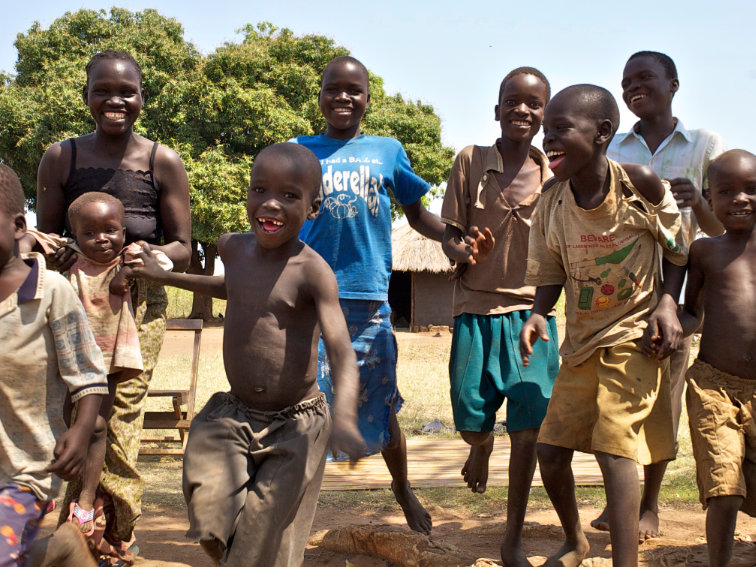
Cotonea endeavours to provide benefits, to not do any harm and to improve people’s lives.
Find out more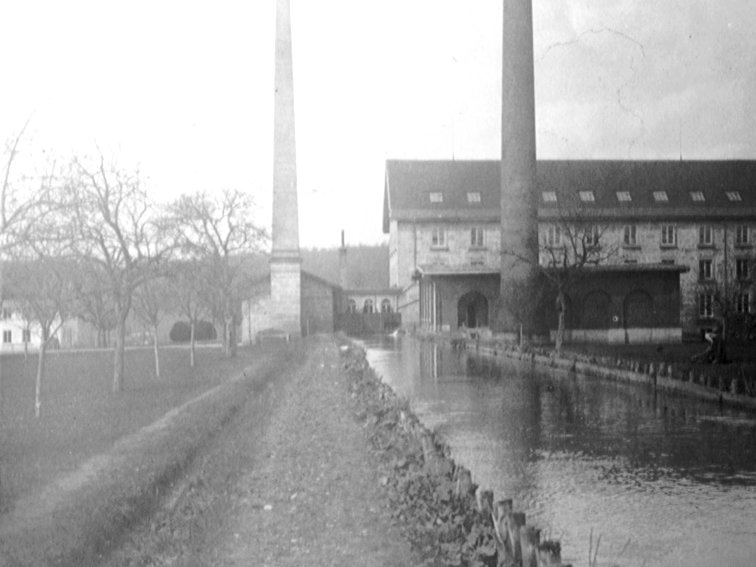
Elmer & Zweifel: manufacturers of the organic brand Cotonea with more than 160 years’ expertise in cotton.
Find out more